How Probiotics Can Transform your Emotional Response
What are Emotions
Emotions can be classified into five categories that include conceptions, sensations, reflexes, involuntary expressions and voluntary expressions.
Conceptions, sensations, reflexes and involuntary expressions that are universal are considered as biological adaptations that are transmitted from one generation to the other through reproduction.
On the other hand, voluntary expressions are seen as cultural adaptations that are transmitted through interactions hence vary by culture.
- Conceptions
These are negative or positive mental effects that are elicited by conclusions or imagining a conclusion and direct behavior.
An example is a maternal love.
Although conceptions do not elicit any physical effects, there are a few that elicit involuntary expressions.
- Sensations
These mainly determine behavior as they are negative or positive mental effects prompted by the absence or presence of sensory stimuli.
They range from pleasing taste to hunger and disgust among others.
Sensations are elicited by imagined, remembered, recorded or real stimuli.
Sensations do not necessarily trigger physical effects, but a few sensations can trigger involuntary expressions.
- Reflexes
These help in avoiding threats as they are triggered by sensory stimuli as well as conclusions.
Reflexes spark a mental effect that suppresses sensations and conceptions.
This suppression lets you concentrate avoiding a threat by eliminating distractions.
Reflexes usually elicit physical effects.
- Involuntary expressions
Involuntary expressions affect the behavior of other people.
They are elicited by sensation, reflex or conception.
Involuntary expressions serve a different purpose than their trigger emotion.
For instance, fear helps to avoid threats and consequently, the expression of horror on your face enables others to avoid threats.
- Voluntary expressions
Voluntary expressions are elicited by habitual decision and determine other people’s behavior.
These expressions are far much better than speech.
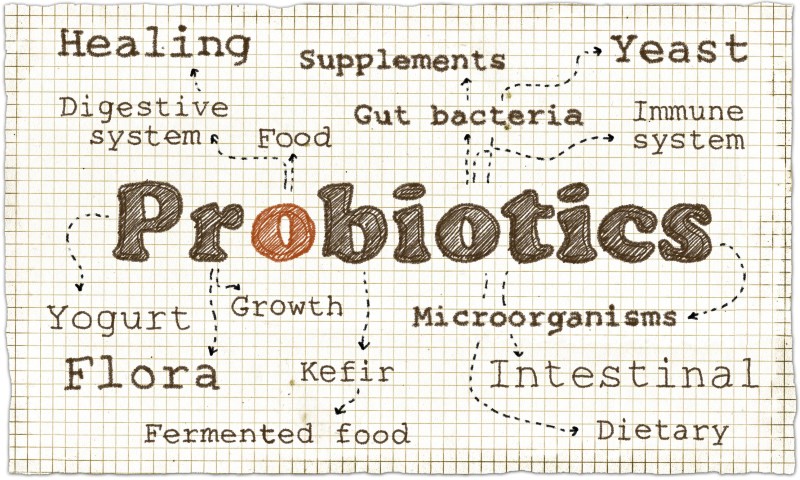
How Probiotics Help With Emotions?
Top scientists believe that bacteria determine the way bodies function.
More researchers are going beyond the effect of microbiomes on health to understand how they affect the brain; that is how we feel and think.
Research findings show that the bacteria in the gut can influence the brain and consequently, these emotions link gut bacteria to depression, anxiety as well as other disorders.
Although many consider the brain as being in charge of their mental health, what you do not know is that the gut plays an even significant role.
Research demonstrates that the problems in your gut can have a direct impact on your mental health, giving rise to issues like depression and anxiety.
The brain-gut connection is a well-known tenet of medicine and physiology. Hence it is not surprising despite being overlooked.
There is also evidence depicting the connection of intestinal movement in various neurological diseases.
From these findings, the importance of nourishing gut flora is crystal clear as you typically have a brain in the gut and the other in your skull, both of which need vital nourishment. (2)
Probiotics Alter Brain Function, study has found probiotics gut effects to Brain and Emotions.
A proof of concept study carried out by UCLA researchers established that probiotics could actually alter brain function.
The study was conducted on 36 women who were divided into three groups.
Women who consumed probiotic yogurt recorded a decrease in the brain regions that control sensation and processing of emotion.
The treatment group also demonstrated greater connectivity between areas of prefrontal cortex and periaqueductal gray.
The control group also showed a contrast in connectivity of periaqueductal gray to sensation and emotion.
The fact that the study showed improvement in brain function was remarkable, taking into account that commercial yogurt is unhealthy.
Thus, you will do well to make your own yogurt particularly if you want to address issues like depression using dietary interventions. (3)
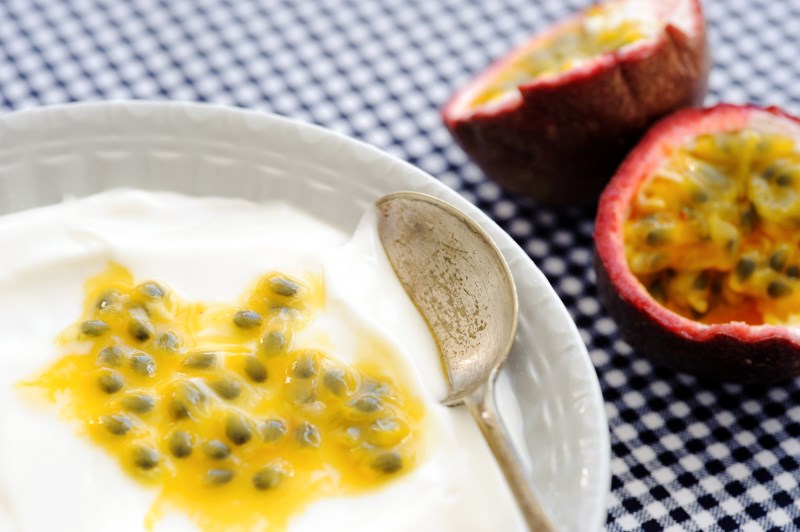
Diet and Mental Health
A lead author, Dr. Kirsten Tillisch, puts forward that it is not uncommon for doctors to come across patients who have not been depressed or felt anxious until they started having problems with the gut.
Studies show that the brain-gut connection is two way with the implications being quite significant in this era where emotional malaise and depression are rampant.
Even then, the drug treatments are not any better calling for a new approach and diet is one of the places to start.
Other studies have confirmed that the kind of food you eat has an impact on the composition of your gut flora.
In particular, embracing probiotic foods like a high vegetable diet that is fiber based tends to produce a different microbiota composition than a diet that is high in processed fats and carbs.
According to research, not only does the composition of gut flora affect physical health but also brain functions as well as your mental state.
Several other research has shown certain probiotics can help ease anxiety.
The Journal of Neurogastroenterology and Motility records that a probiotic known as Bifidobacterium longum NCC3001 relieved anxiety in mice with infectious colitis through modulation of vagal pathways in the gut-brain.
Another research established that probiotic Lactobacillus rhamnosus had a significant effect on the levels of GABA, an inhibitory neurotransmitter that is involved in regulation of psychological and physiological processes lowering the stress induced hormone corticosterone thereby reducing anxiety.
It is worth noting that neurons are present in both the gut, and the brain and these include neurons that produce neurotransmitters, such as serotonin that plays a role in mood control as well as aggression and depression control.
Therefore, you will do well to take into consideration your diet while being keen to include probiotic foods. (3)
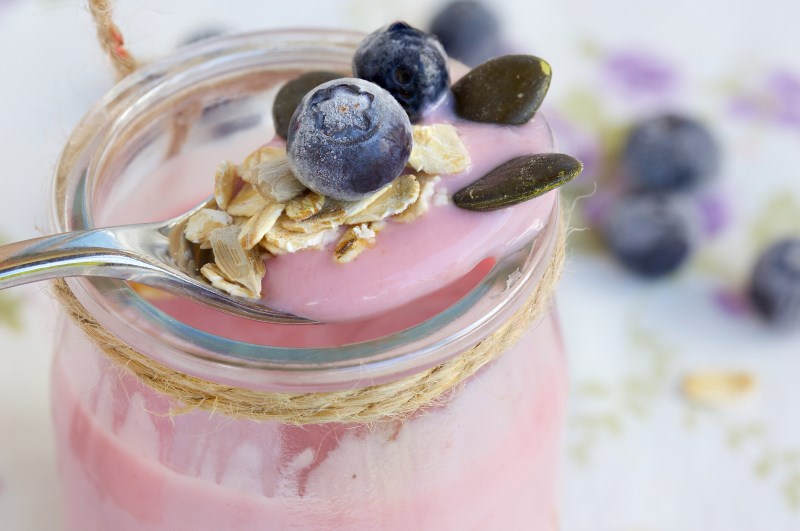
Gut Bacteria and Brain
Is there a possibility that the microbes in the gut help to explain the idea of “gut feeling.”
Well, there is strong evidence suggesting that the gut bacteria influences the working of the mind.
Dr. Emeran Mayer, a professor of medicine and psychiatry, who describes himself as a skeptic agrees with the idea that microbes truly affect the activity of the brain.
Thus, taking probiotics for the brain function is worthwhile.
According to Mayer, the bacteria in the digestive system could help the brain structure as we grow up thereby influencing behavior, moods as well as feelings when we are adults.
This brings up a new way of viewing the brain function, health and disease.
Mayer has looked at the brains of numerous volunteers through MRI scans and found the connection between brain regions differed based on the dominant bacteria in the person’s gut suggesting a mix of microbes can help in determining the kinds of brains we have as well as how brain circuits develop.
Other researchers have been trying to figure out a possible link by examining the gut microbes found in mice, and they found changes in the brain behavior and chemistry.
For instance, replacing the gut bacteria of anxious mice with that of fearless mice saw them become less anxious and more gregarious.
On the other hand, the bold mice became timid.
The chemistry in the brain of the mice was measured to establish the cause of the changes, and it was found that the changes involved mood and emotions that lay a role in memory and learning.
In seeking to establish the link between the gut microbes and the brain, scientists also found that a big nerve known as vagus runs from the brain through to the abdomen is responsible for the brain-gut connection.
This nerve is the communication channel between the gut and brain.
Even then, it is worth noting that microbes also communicate with the brain through other ways through modulation of the immune system or production of neurotransmitters that are unique to them.
Experiments to determine if changing gut microbes in humans can have an effect on the brain are just beginning to take shape.
Researchers from Baltimore are testing if a probiotic can help in preventing relapse of mania in patients with bipolar disorder.
The general idea is that probiotic treatment can alter microbiome and contribute to the improvement of psychiatric symptoms. (4)
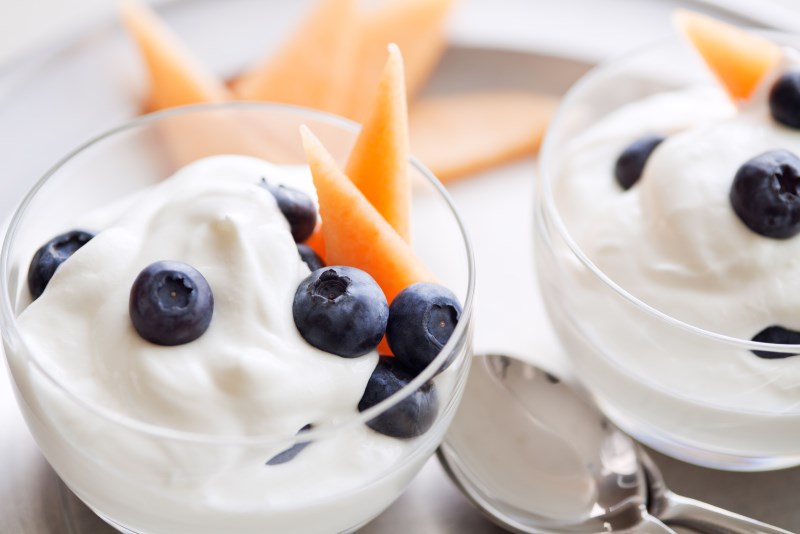
How Probiotics can Improve your Life
Numerous natural health practitioners have looked at treatments and remedies that affect their interactions with the mind-body interface as they have for a long time seen the gut as a separate organ whose treatment has various outcomes particularly those connected to emotions/the brain.
Researchers from Oppenheimer Family Center for Neurobiology of Stress, Division of Digestive Diseases, Department of Medicine and from the David Geffen School at UCLA, Los Angeles have studied how changes in microorganisms found in the gut alter mechanisms of signaling particularly the brain where they influence emotional behavior.
Starting with the assumption that changes in the intestinal micro flora and micro fauna has not been associated with ingestion of probiotics or antibiotics, research gave healthy women fermented milk with probiotic and measurable changes after four weeks.
These changes included functions like activity of the brain during rest that were linked to changes in midbrain connectivity.
Research published in the Journal of Gastroenterology about using of MRIs as well as other emotional stimulus and analysis found that probiotics affect the activity of the brain regions that are responsible for the central processing of emotion as well as sensation.
Here is how probiotics affect the following emotions.
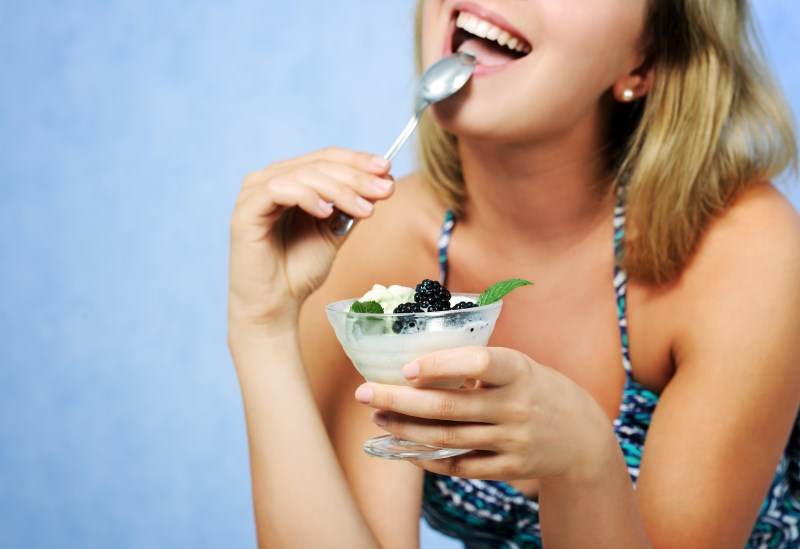
Depression
Edward A, Selby Ph.D., postulates that people who are known to ruminate stand a high chance of developing depression and anxiety problems that are hard to overcome.
Replaying negative events are likely to transition to full blown depression.
Ruminators often interpret unfortunate events as proof of inherent unworthiness.
Studies show that cognitive reactivity is a vital vulnerability marker of depression.
That is the type and content that are activated when you experience sad moods and predicts advancement of clinical depression.
The study further found that probiotic intervention reduced cognitive reactivity to sad mood.
Furthermore, those who took part in the study experienced strong beneficial effects for rumination subscales and aggression.
This is an indicator that the participants who were on probiotics supplements considered themselves to be less distracted by ruminative and aggressive thoughts.
To sum it up, probiotics intervention is likely to influence cognitive mechanisms that determine vulnerability to mood disorders.
Sex Life
Sexual desire is influenced by a range of factors that include age, stress, health, sleep, mental health, hormones and relationship problems.
Researchers have found that it is possible to achieve enhanced results in restoration of sex drive in men and women through increasing testosterone.
There is no better way to achieve this than through increasing the bacteria in the gut, which is considered a natural source of testosterone.
Drs. Phillip Hylemon and Jason Ridlon of Virginia Commonwealth University established that the Clostridium Scindens, gastrointestinal bacteria that is naturally occurring is responsible for manufacturing male sex hormones that include testosterone.
By increasing the production of testosterone, probiotics may also help improve sex drive even in places where artificial treatments have failed. (6)

Anxiety
Probiotics may work against anxiety as well as memory problems.
People who took probiotic supplements containing Bifidobacterium longum 1714 have been found to experience less stress and recorded better performance on memory tests.
Bifidobacteria is usually found within the gut.
A study of healthy men has shown that taking this probiotic supplement could help in coping with memory problems as well as mild anxiety.
According to the study, men who took the probiotic supplements were less stressed and had less anxiety as well as lower levels of the stress hormone, cortisol.
Although there is need to confirm these preliminary findings in more people, it is evident that the bacteria Bifidobacterium Longum 1714 has a beneficial effect on the function of the brain.
Bifidobacterium Longum is one of the many bacterial species that are found in the gut where they live symbiotically. (7)

Stress
Over the past few years, scientists have discovered how the brain alters gut bacteria as well as the effect of these bacteria on the brain.
Although stress and mood equally affect the functioning of the gut, bacteria within the large intestine can affect your mood and response to stress.
Animal experiments have shown an increase in Bifidobacterium increases the tryptophan levels in the blood. Tryptophan is a precursor to the feel-good neurotransmitters, dopamine, and serotonin.
Probiotics and Happiness
A study performed by the Leiden Institute of Brain and Cognition in the Netherlands and published in the journal Brain, Behavior and Immunity examined the relationship between probiotics and rumination that is the thought process.
According to the study, participants who received probiotics had a decrease in the level of cognitive reactivity to the sad mood that was accounted for by reduced aggressive thoughts and rumination.
The results of this study offer evidence that consuming probiotics can help in reducing thoughts that are related to negative thoughts linked to sad mood. (9)
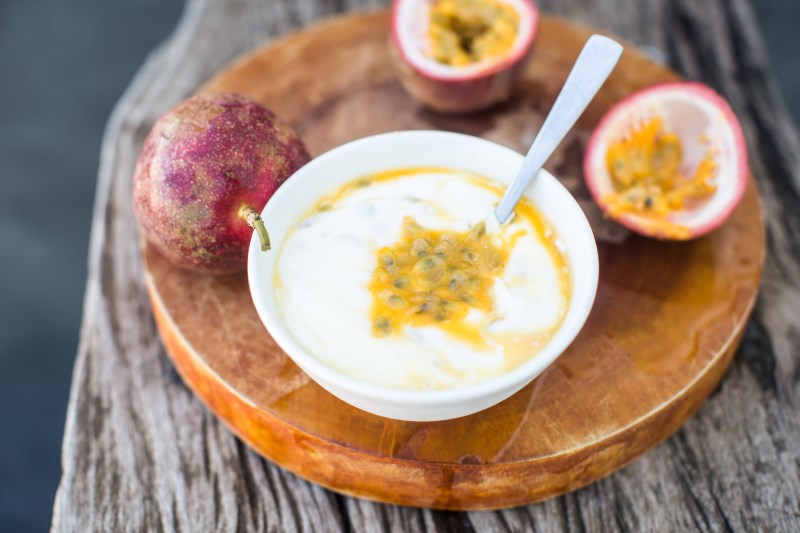
Conclusion
Overall, your gut health goes a long way in determining your optimal health and consequently, your well-being.
Therefore, it is noble to nurture your gut through increased intake of probiotics supplements and probiotics foods.
FDA Compliance
The information on this website has not been evaluated by the Food & Drug Administration or any other medical body. We do not aim to diagnose, treat, cure or prevent any illness or disease. Information is shared for educational purposes only. You must consult your doctor before acting on any content on this website, especially if you are pregnant, nursing, taking medication, or have a medical condition.
HOW WOULD YOU RATE THIS ARTICLE?
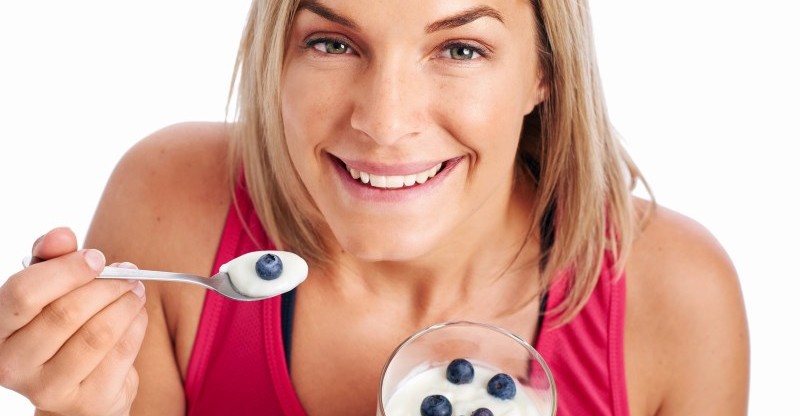



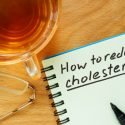


Can taking probiotics help prevent autism? Should they be taken during pregnancy or given to a child?
Can I take the probiotics with antibiotics???Should I take them together???
Hello Shirley! Probiotics may protect you from antibiotics side-effects, but it’s better to consult your doctor whether you can take probiotics and antibiotics together.
Is it more useful to take fermented foods or supplements with probiotics?
After several weeks of antibiotics I was really bad and my doctor prescribed me probiotics. And…they really helped me to overcome the antibiotics treatment, even more – they improved my overall health. Since then, I consume probiotics daily.
Are there different types of probiotics for men and for women?